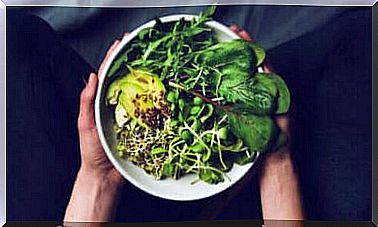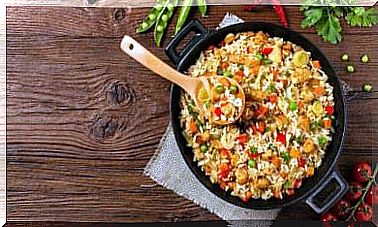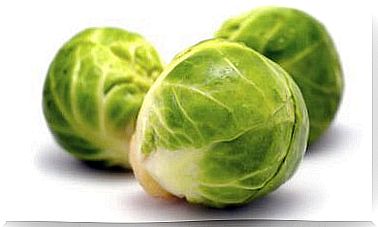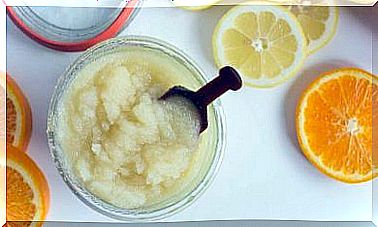Vegetable Oils And Their Properties
Vegetable oils can be made from a wide variety of seeds, grains or fruits. Each of the oils has different properties and also a different taste.
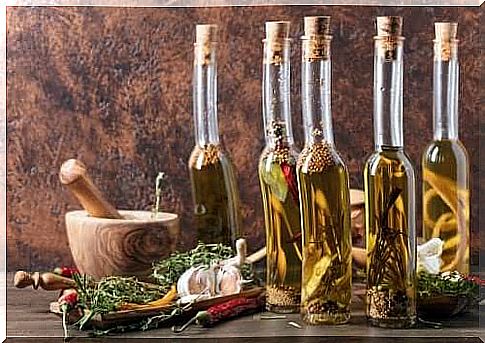
Vegetable oils can be made from a wide variety of seeds, grains or fruits. Each of the oils has different properties and also a different taste. That is why they are also used for various recipes or applications.
Learn more about different vegetable oils today .
Interesting facts about vegetable oils
Oils consist largely of fatty acids and hardly contain any proteins, carbohydrates or micro-minerals. But they provide fat-soluble vitamins and also improve their absorption. These include vitamins A, D, E and K.
Liquid vegetable oils usually contain healthy, unsaturated fatty acids. Oils that are solid at room temperature, on the other hand, provide mostly saturated fatty acids, which are less recommended. For example, the brain needs healthy fats for neural communication. But these fatty acids have to be taken in through the diet, as they are not produced by the body. Certain fatty acids are also of great importance to cardiovascular health and skin.
Vegetable oils with essential fatty acids, which are necessary for certain body functions, are particularly recommended. It should not be forgotten that the method of preparation and use of these oils is also fundamental.
Vegetable oils from nuts and fruit kernels
Oils from nuts, such as walnuts and almonds, or from seeds, such as pumpkin and grape seeds, contain a high proportion of polyunsaturated fatty acids. These oxidize easily and must not be heated strongly, otherwise they lose their beneficial properties and can release toxic substances.
They are therefore ideal for marinades and dishes that are served cold. Since they have a very low melting point, they tend not to set when you put them in the refrigerator.
olive oil
Olive oil is the “liquid gold” of the Mediterranean diet. It is very rich in monounsaturated fat, vitamin E, and other natural antioxidants. These protect against oxidative stress and premature cell aging.
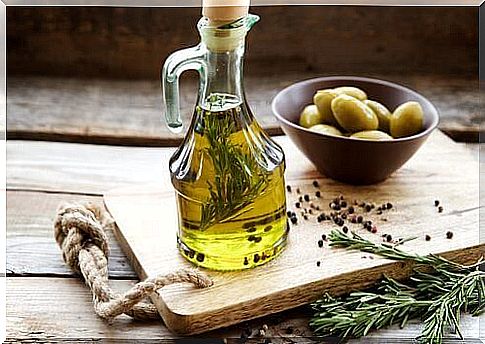
However, olive oil should not be heated too much. So it is not suitable for deep-frying.
Rapeseed oil
Rapeseed oil is rich in healthy unsaturated fats. If consumed regularly as part of a healthy diet, it is said to be able to lower the LDL cholesterol level by up to 17 percent. But rapeseed oil is also not recommended for deep-frying. Because if the heat is too high, chemical reactions can produce harmful substances.
Coconut oil
Coconut oil is high in saturated fats, which has its advantages and disadvantages. On the one hand, coconut oil can negatively affect cholesterol levels due to its high content of saturated fats. Yet it is still considered healthier when compared to butter. However, one should not go overboard with the use of coconut oil.
However, it is excellent for topical use on the skin as it rebalances the moisture balance. It is also said to be beneficial for brain functions.
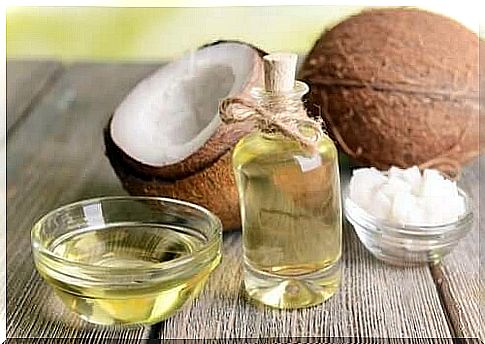
Fat content of the mentioned types of oil
Olive, canola and coconut oils contain the same amount of calories and the same total fat content. However, the composition of the fatty acids (saturated or unsaturated) is different.
The following table shows the differences in the amount of 1 tablespoon (source: USDA).
| olive oil | Rapeseed oil | Coconut oil | |
| Kilocalories | 120 | 120 | 120 |
| Total fat | 14 g | 14 g | 14 g |
| Saturated fats |
2 g | 1 g | 13 g |
| Monounsaturated fatty acids | 10 g | 8 g | 1 g |
| Polyunsaturated fatty acids | 1.5 g | 4 g | 0 g |
Different vegetable oils and their uses
Due to the different content of saturated and unsaturated fats , each vegetable oil is best suited for a different cooking and preparation method. Therefore, it is not recommended to use the same oil to prepare all dishes. It is particularly important to use heat-resistant oil for deep-frying.
Olive oil is certainly very versatile because it can be used for frying, cold dishes, dressings, mayonnaise or warm sauces. However, it is not necessarily recommended for deep-frying.
On the other hand, vegetable and rapeseed oils are particularly recommended for the preparation of dishes where the oil is not exposed to high temperatures, as overheating can change their properties. Coconut oil gives very good results when baking.


